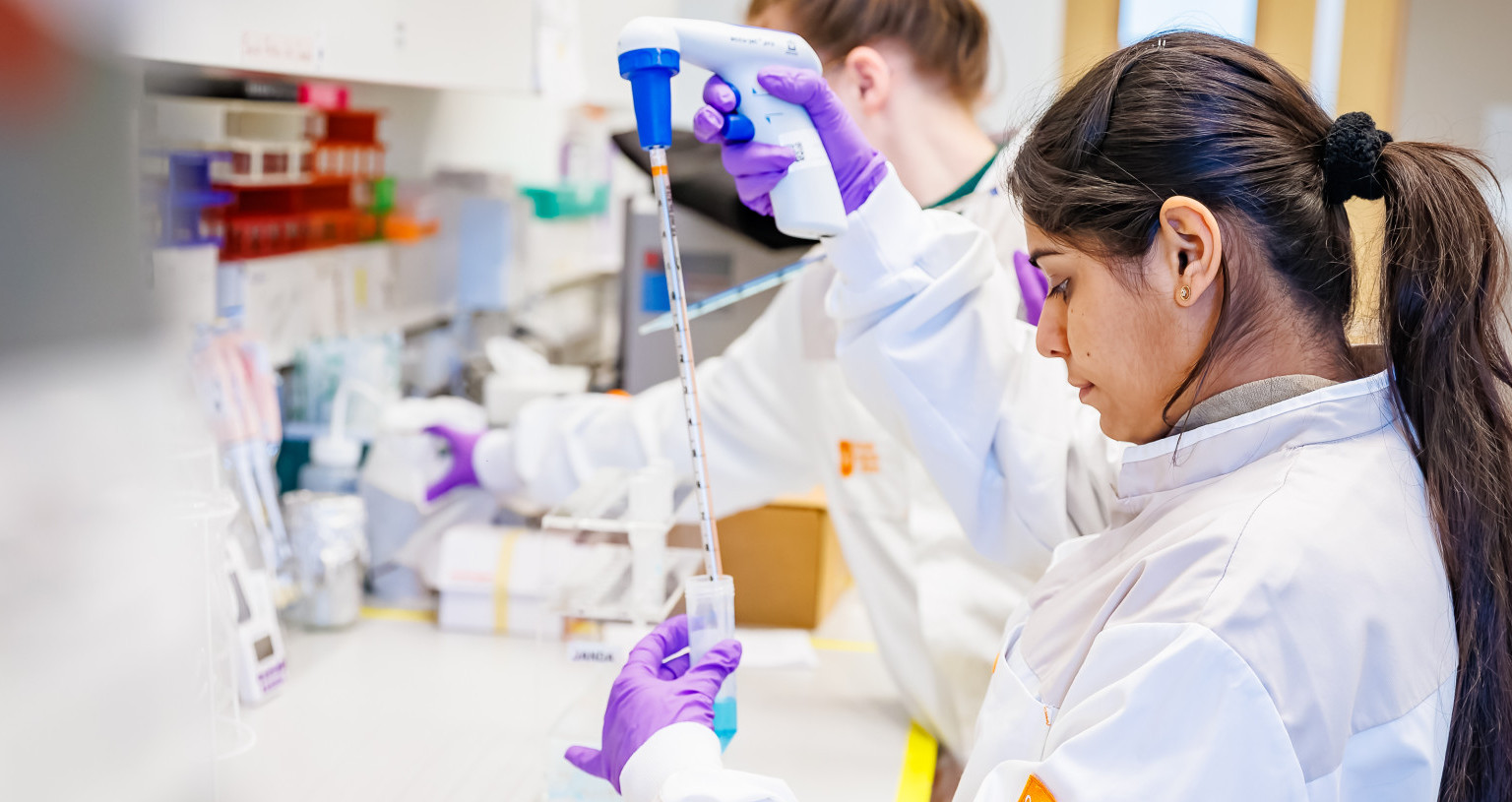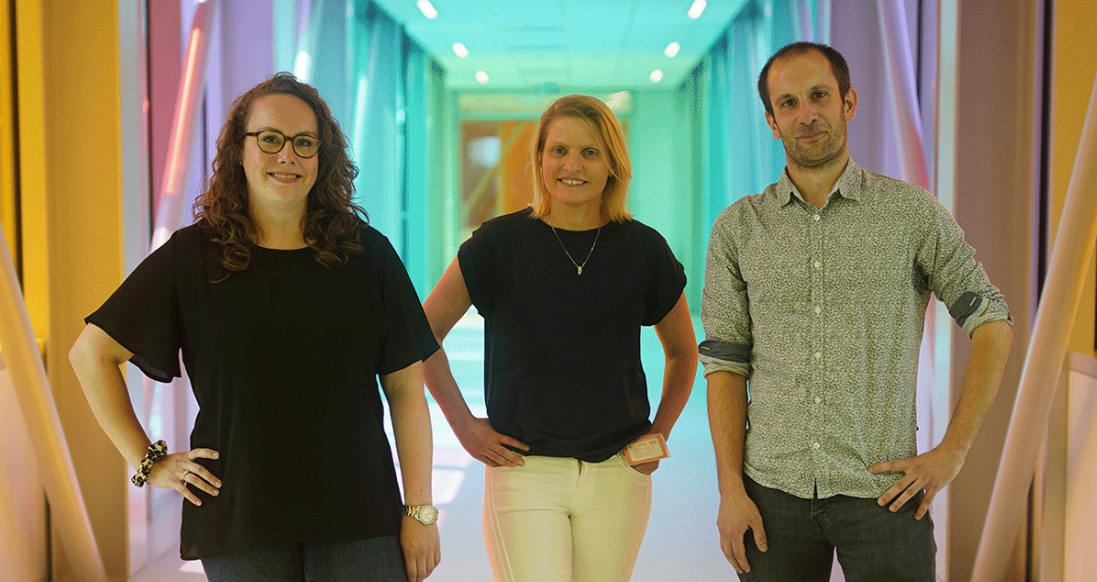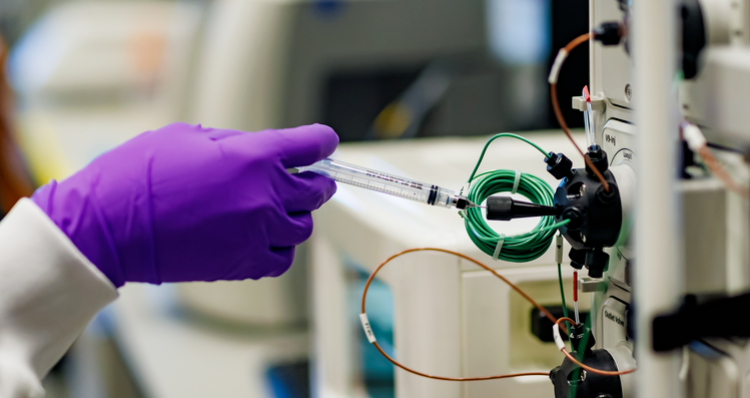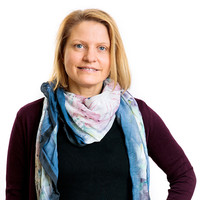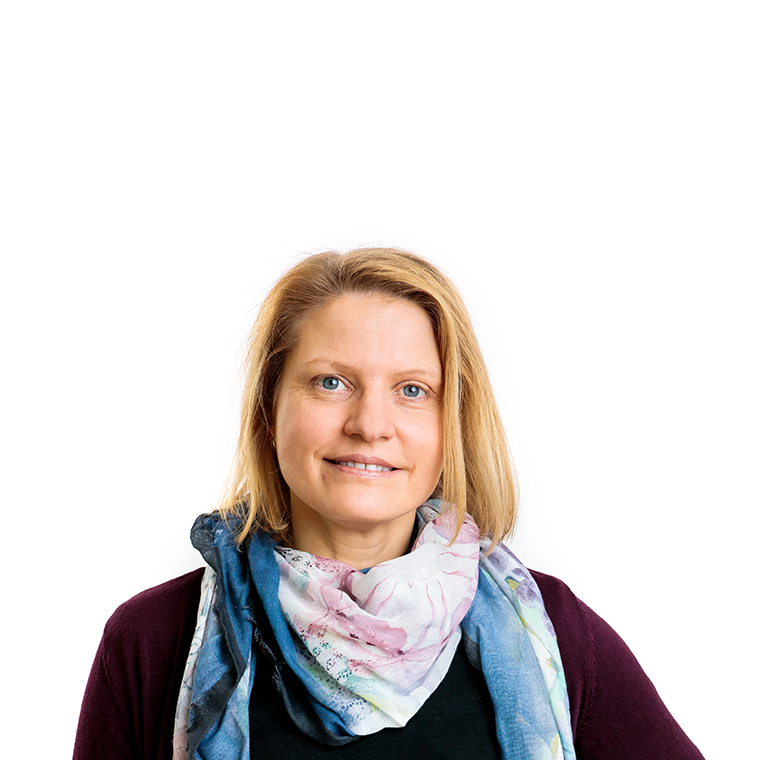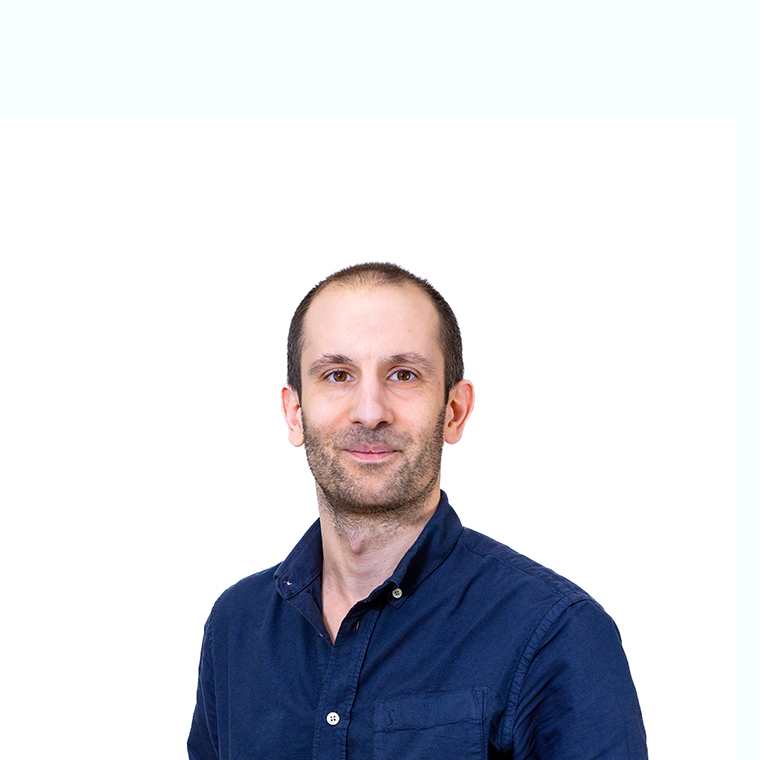Purpose for research
At the Princess Máxima Center Antibody and Protein Engineering Facility, we have broad expertise in protein and antibody biochemistry and engineering, including:
- Development of antibodies and nanobodies through selection from pre-made libraries or immunization.
- In vitrodisplay technologies (phage display, yeast display, and ribosome display) for protein engineering and antibody optimization.
- Structure-function analysis of ligand-receptor interactions.
- Expression, purification, and characterization of recombinant proteins (cytoplasmic, secreted, and membrane proteins) and antibodies.
We collaborate closely with research groups both within and outside the Princess Máxima Center and other core facilities to leverage proteins and antibodies for innovative approaches to diagnose and treat childhood cancer.
Ongoing projects include:
- Developing nanobody-based radiotracers for non-invasive PET imaging and radioimmunotherapy (in collaboration with the Theranostics Facility at UMC Utrecht, and the Tracer Center at Amsterdam UMC).
- Engineering chimeric antigen receptors (CARs) for CAR T-cell therapy (in collaboration with the CAR T-cell Programs of the Princess Máxima Center and the KiTZ in Heidelberg).
- Design of ligands with novel signaling properties to enhance organoid growth and modulate signaling pathways of interest for regenerative medicine.


